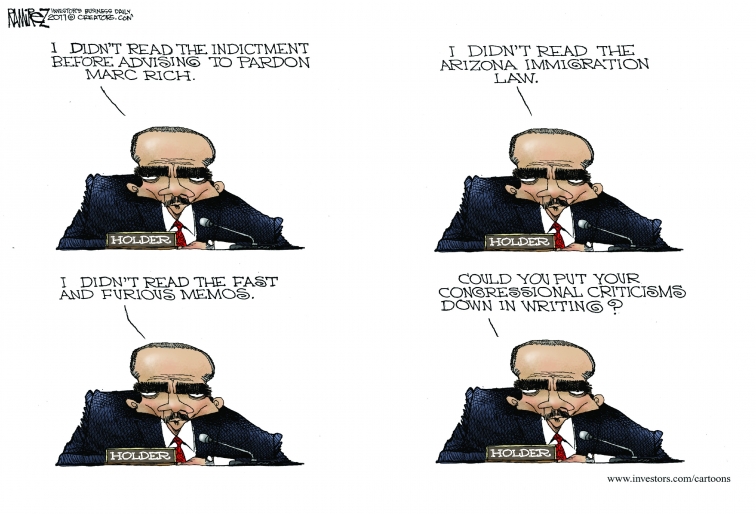Arizona Tribe’s Violation of Trust Demands Congressional Remedy
In both contract negotiation and public policy, the duty of good faith and fair dealing remains a fundamental one.
In Arizona, unfortunately, the Tohono O’odham tribe has repeatedly violated that duty, which now requires Congressional action to remedy the situation.
By way of background, this regrettable and wholly unnecessary dispute arises from a $400 million casino in the western Phoenix metro area set for completion later this month.
Back in 2001, the Tohono O’odham continued seeking casino properties even while participating in compact negotiations with a coalition of 16 other Arizona tribes. The coalition collectively promised Arizona voters and elected officials in 2002 that there would be no additional casinos within the Phoenix metropolitan area until the agreed-upon compact expired in 2027. Arizona voters subsequently approved the agreement and granted it the force of law.
Just one year later, however, the Tohono O’odham tribe violated that pledge by purchasing a casino site through a shell corporation to conceal its ownership.
Then, in 2009, the tribe launched the current battle by declaring that a “legal loophole” in the state’s existing gaming compact gave it the right to build a casino in Phoenix on a plot of land situated across the street from a high school and close to a number of residential areas. Beyond the tawdry behind-the-scenes scheming and legal trickery, that constitutes a deep violation of the trust Arizona voters and their elected and appointed officials had placed in the tribe. The Tohono O’odham tribe, however, flouts the law under color of a legal defense of tribal sovereign immunity.
Accordingly, the tribe refuses to be held accountable by the compact itself, as well as the state and tribes with which it negotiated.
The outrage among state officials is palpable. Governor Doug Ducey, Arizona Attorney General Mark Brnovich and Department of Gaming Director Daniel Bergin all have alleged that the tribe committed fraud in not disclosing its West Valley casino plans while negotiating its state compact.
Consequently, the battle now shifts to the U.S. Congress as the last line of defense. More specifically, the power to maintain the Arizona gaming compact sits with Congress and the Keep the Promise Act.
It would have been preferable for this Arizona problem to be settled by its own state institutions, but that is no longer possible. Congressional action is required.
The Keep the Promise Act would prevent a rapid and chaotic expansion of gaming in the state until the end of the current compacts in 2027. It would also force the Tohono O’odham to live up to its promises. The bill is fair, and respects the long-established sovereign rights of the tribes and the state of Arizona. It’s also supported by key members of Arizona’s Washington delegation, along with tribes in the metro Phoenix area, the Navajo Nation and several rural tribes.
Enough is enough. We at CFIF support Keep the Promise Act to preserve the agreements voters made – or at least thought they made – concerning Arizona gaming. We also need to send a message that agreeing parties can’t subvert the very system of laws it once agreed to support.

 In an interview with CFIF, Matt Mayer, Visiting Fellow at The Heritage Foundation and a former U.S. Department of Homeland Security official, talks about the Arizona Immigration Law, oral arguments before the U.S. Supreme Court and the state of terrorism threats in America.
In an interview with CFIF, Matt Mayer, Visiting Fellow at The Heritage Foundation and a former U.S. Department of Homeland Security official, talks about the Arizona Immigration Law, oral arguments before the U.S. Supreme Court and the state of terrorism threats in America.

 CFIF Freedom Line Blog RSS Feed
CFIF Freedom Line Blog RSS Feed CFIF on Twitter
CFIF on Twitter CFIF on YouTube
CFIF on YouTube